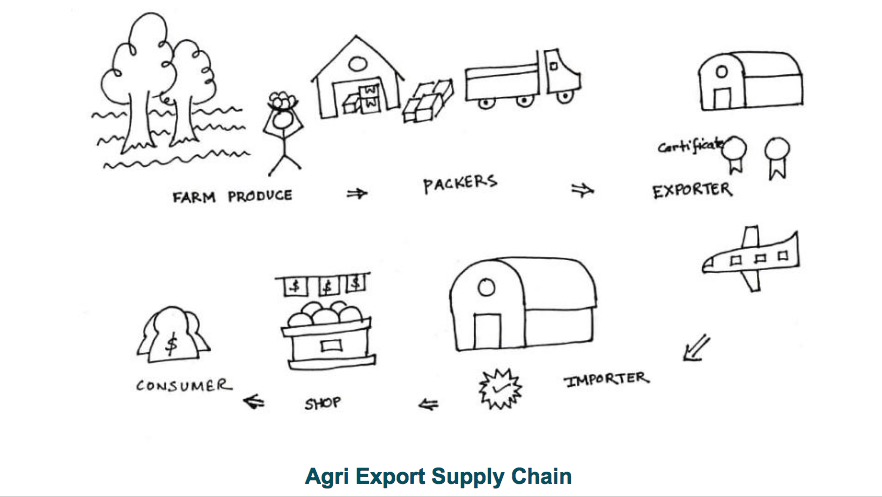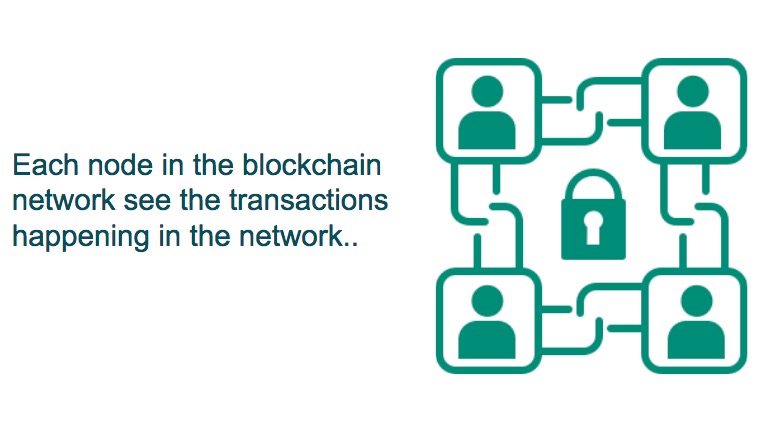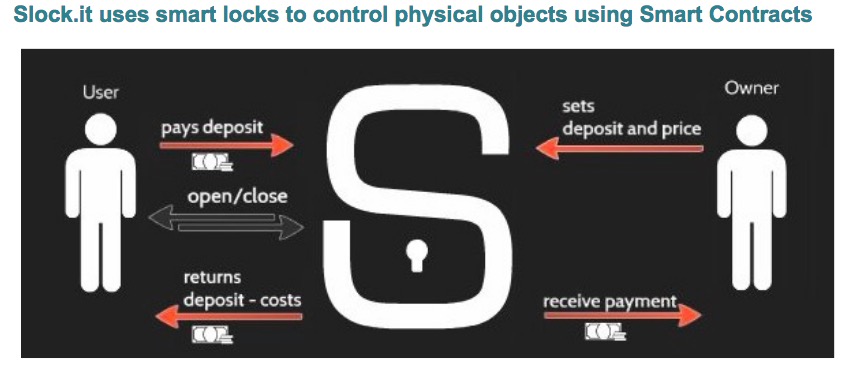China's history is very complex and interesting and developed in a microcosm which was very different from how other countries developed
Wife brought up the husband in early 19th century
“Following the custom, my great-grandfather was married young, at fourteen, to a woman six years his senior. It was considered one of the duties of a wife to help bring up her husband.”
China had a fractious history
Many warlords who kept on fighting with each other. Emperor only in name. There was a golden period in Song dynasty (960-1279 A.D) when China flourished. In 1900s, China was ruled by a weak emperors of Qing Dynasty before the establishment of republic in 1912.
In a way, China shows the complete cycle of greatness to abject poverty and then rising to greatness again.
The practice of feet binding
“But her greatest assets were her bound feet, called in Chinese 'three-inch golden lilies' (san-tsun-gin-lian). This meant she walked 'like a tender young willow shoot in a spring breeze," as Chinese connoisseurs of women traditionally put it. The sight of a woman teetering on bound feet was supposed to have an erotic effect on men, partly because her vulnerability induced a feeling of protectiveness in the onlooker.”
“In those days, when a woman was married, the first thing the bridegroom's family did was to examine her feet. Large feet, meaning normal feet, were considered to bring shame on the husband's household. The mother-in-law would lift the hem of the bride's long skirt, and if the feet were more than about four inches long, she would throw down the skirt in a demonstrative gesture of contempt and stalk off, leaving the bride to the critical gaze of the wedding guests, who would stare at her feet and insultingly mutter their disdain.”
Strange practices which developed. Also as a way for women to keep weaker?
Thats why communist had uniform dressing. Both men and women wore similar dress with shirts and trousers.
Communist were the good people
The communist revolution was a peasant revolution which promised to get rid of Koumingtang and Japanese.
Interestingly, when Communist came to power they started abusing power themselves. So it can be argued that power is the cause of corruption
Why democracy doesn't work in China
“The 804 members of parliament had to be bribed. Xue and General Feng stationed guards on the parliament building and let it be known that there would be a handsome consideration for anyone who voted the right way, which brought many deputies scurrying back from the provinces. By the time everything was ready for the election there were 555 members of parliament in Peking. Four days before the election, after much bargaining, they were each given 5,000 silver yuan, a rather substantial sum. On 5 October 1923, Tsao Kun was elected president of China with 480 votes. Xue was rewarded with promotion to full general. Also promoted were seventeen 'special advisers' all favorite mistresses or concubines of various warlords and generals. This episode has entered Chinese history as a notorious example of how an election can be manipulated. People still cite it to argue that democracy will not work in China.”
People were used to bribe and corruption. The above historical incident was used as an historical example to claim that democracy won't work in China, and to crush any attempts to bring democracy.
Mao made himself God like
“Mao made himself more godlike by shrouding himself in mystery. He always appeared remote, beyond human approach. He eschewed radio, and there was no television.
Few people, except his court staff, ever had any contact with him. Even his colleagues at the very top only met him in a sort of formal audience.”
Capitalism was villified
When I was in the boarding nursery and did not want to finish my food, the teacher would say: "Think of all the starving children in the capitalist world!" In school, when they were trying to make us work harder, the teachers often said: "You are lucky to have a school to go to and books to read.In the capitalist countries children have to work to support their hungry families."
Self Criticism
“Mao had attacked flowers and grass several times before, saying that they should be replaced by cab bales and cotton. But only now was he able to generate enough pressure to get his order implemented but only up to a point. People loved their plants, and some flowerbeds survived Mao's campaign.
I was extremely sad to see the lovely plants go. But I did not resent Mao. On the contrary, I hated myself for feeling miserable. By then I had grown into the habit of self criticism and automatically blamed myself for any instincts that went against Mao's instructions. In fact, such feelings frightened me. It was out of the question to discuss them with anyone. Instead, I tried to suppress them and acquire the correct way of thinking. I lived in a state of constant self-accusation.”
Peasant Revolution
“The revolution was fundamentally a peasant revolution, and the peasants had an unrelentingly harsh life. They were particularly sensitive about other people enjoying or seeking comfort. Anyone who took part in the revolution was supposed to toughen themselves to the point where they became inured to hardship”
Strict discipline and rules
“ But he met fierce opposition from my mother's boss, Mrs. Mi, a peasant woman who had been a guerrilla. It was unthinkable for a peasant woman to take a rest if she was pregnant.
She worked right up to the moment of delivery, and there were innumerable stories about women cutting the umbilical cord with a sickle and carrying on. Mrs. Mi had borne her own baby on a battlefield and had had to abandon it on the spot a baby's cry could have endangered the whole unit”
The communist revolution was a bottoms up revolution, and the party members expected everyone to go through the same hardships which a normal peasant would go through.If somebody considers himself better, then he was frowned upon as "capitalist"
What was Mao's philosophy?
“In the days after Mao's death, I did a lot of thinking. I knew he was considered a philosopher, and I tried to think what his 'philosophy' really was. It seemed to me that its central principle was the need or the desire? for perpetual conflict. The core of his thinking seemed to be that human struggles were the motivating force of history and that in order to make history 'class enemies' had to be continuously created en masse. ”
Programmed Lives?
“The Chinese seemed to be mourning Mao in a heartfelt fashion. But I wondered how many of their tears were genuine. People had practiced acting to such a degree that they confused it with their true feelings. Weeping for Mao was perhaps just another programmed act in their programmed lives.”
Social conditioning
Use of disinformation and control of media
“In reality, Mao turned China back to the days of the Middle Kingdom and, with the help of the United States, to isolation from the world. He enabled the Chinese to feel great and superior again, by blinding them to the world outside. Nonetheless, national pride was so important to the Chinese that much of the population was genuinely grateful to Mao, and did not find the cult of his personality offensive, certainly not at first. The near total lack of access to information and the systematic feeding of disinformation meant that most Chinese had no way to discriminate between Mao's successes and his failures, or to identify the relative role of Mao and other leaders in the Communists' achievements.”
Thought Control
“Many people had been reduced to a state where they did not dare even to think, in case their thoughts came out involuntarily. Even if they did entertain unorthodox ideas, few mentioned them to their children, as they might blurt out something to other children, which could bring disaster to themselves as well as their parents. ”
Creation of myths and models
“In the learn-from Lei Feng years it was hammered into children that our first and only loyalty should be to Mao. A popular song went: "Father is close, Mother is close, but neither is as close as Chairman Mao." We were drilled to think that anyone, including our parents, who was not totally for Mao was our enemy. Many parents encouraged their children to grow up as conformists, as this would be safest for their future.”

 Information Overload - Malady of the new age
Information Overload - Malady of the new age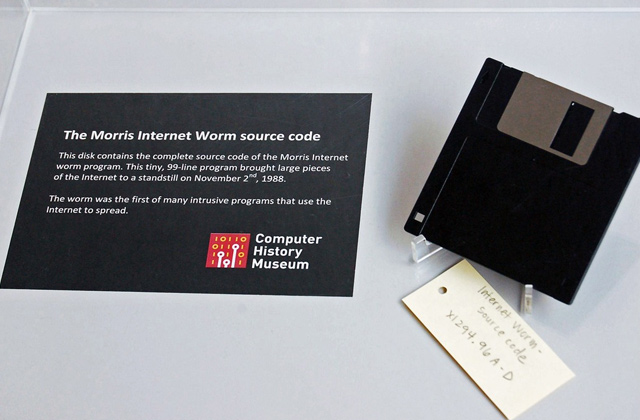 The floppy disk with the source code of the Morris worm is now kept in the Boston Museum of Science
The floppy disk with the source code of the Morris worm is now kept in the Boston Museum of Science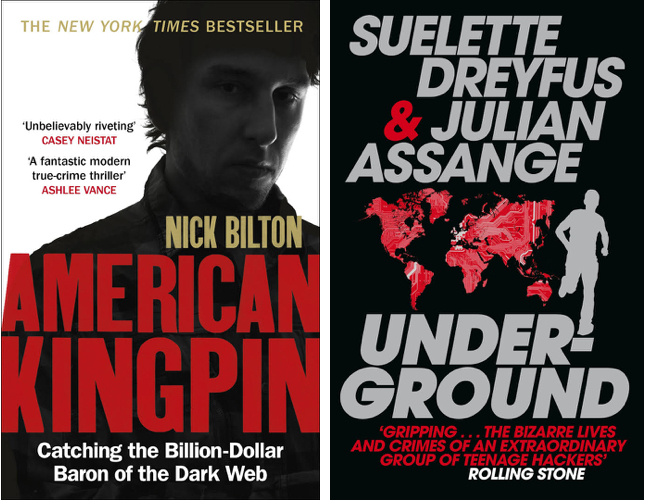 Books: American Kingpin and Underground
Books: American Kingpin and Underground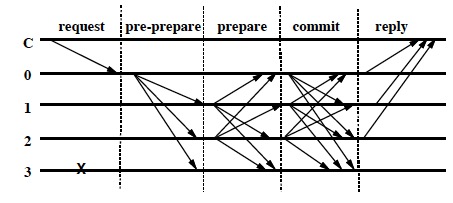 Fig 2. Normal case operation of pBFT
Fig 2. Normal case operation of pBFT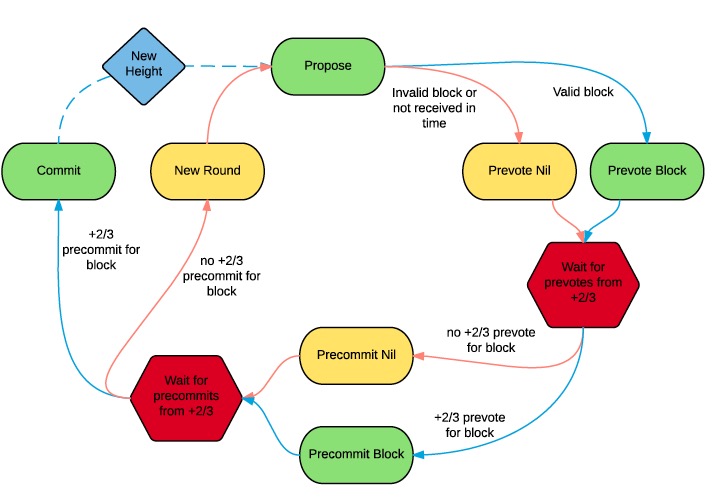 Fig 1. Basic description of Tendermint protocol
Fig 1. Basic description of Tendermint protocol